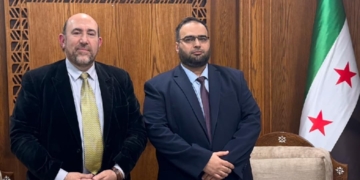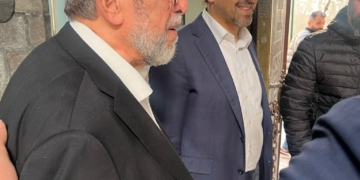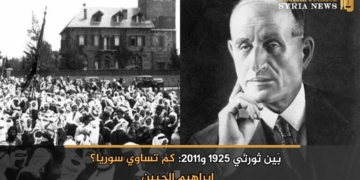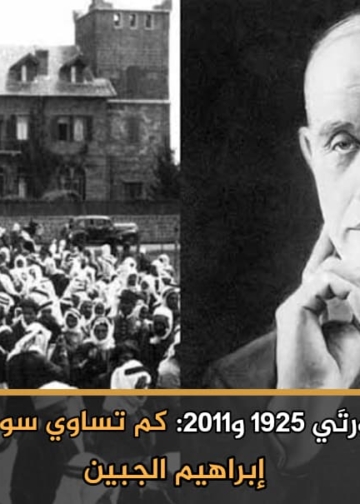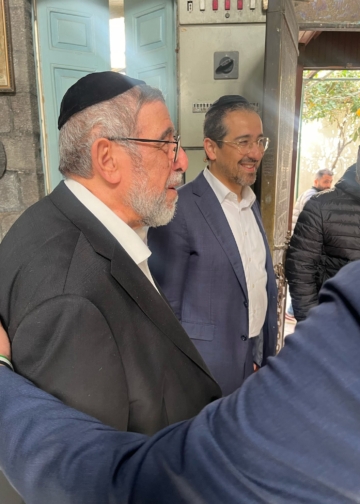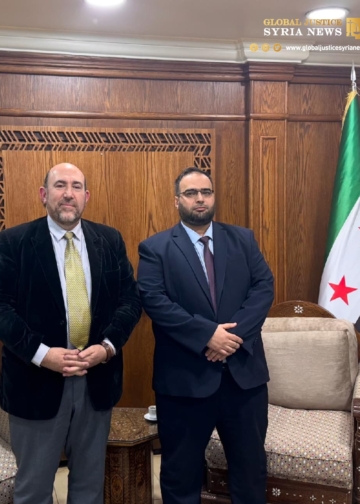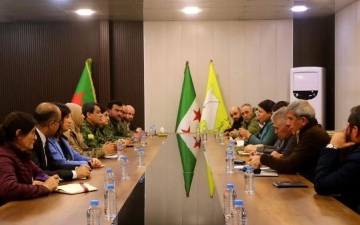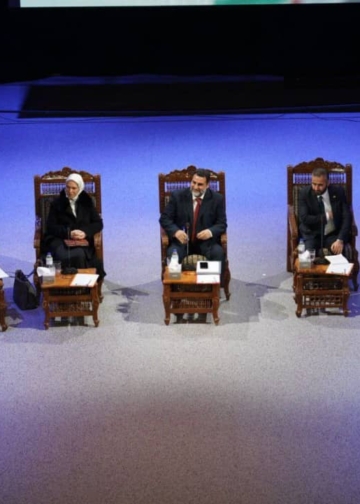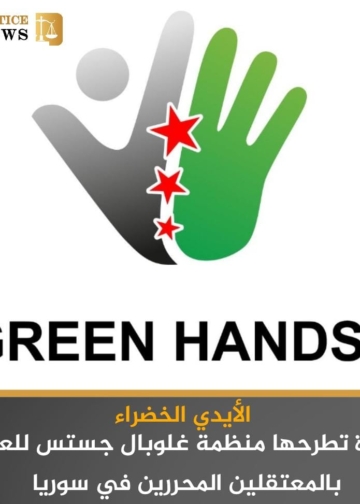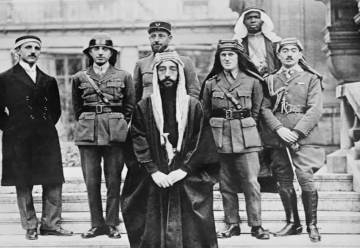In an unprecedented move, South Korean President Yoon Suk Yeol declared martial law in a surprise late-night address on December 3rd, citing threats from “anti-state elements” and accusing the opposition Democratic Party of aligning with North Korea. The declaration marked the first time martial law had been imposed in the country in 44 years, sending shockwaves through South Korea’s political landscape.
In his address, Yoon justified the drastic measure by referencing opposition actions, including attempts to impeach top prosecutors and reject a government budget proposal. The martial law decree outlined sweeping powers, banning all political and parliamentary activities, outlawing “fake news” and “manipulating public opinion,” and allowing arrests without warrants. The move prompted widespread protests, with citizens rushing to be with their families and expressing outrage at what many saw as a return to authoritarian rule.
The declaration faced immediate backlash from lawmakers across the political spectrum. Parliament convened an emergency late-night session, where all 190 members present voted unanimously to block the decree. Even members of Yoon’s own People Power Party condemned the declaration, with party leader Han Dong-hoon calling it “wrong” and demanding an explanation from the president.
As protests grew outside the National Assembly and political pressure mounted, Yoon announced in the early hours of December 4th that he would lift the martial law order. He cited the parliamentary vote as the reason for his decision, stating, “Martial law will be lifted immediately by accepting the National Assembly’s request through a State Council meeting.”
The swift reversal has left South Korea in a state of political uncertainty. Calls for Yoon’s resignation have intensified, with opposition leaders accusing him of treason and undermining the country’s democracy. The incident has further eroded the president’s already fragile approval ratings, which were at 19% before the martial law fiasco.
For now, South Korea avoids a prolonged state of emergency, but the incident highlights deep divisions within the country’s political system and raises concerns about the future stability of its democracy which was only established in 1987.




